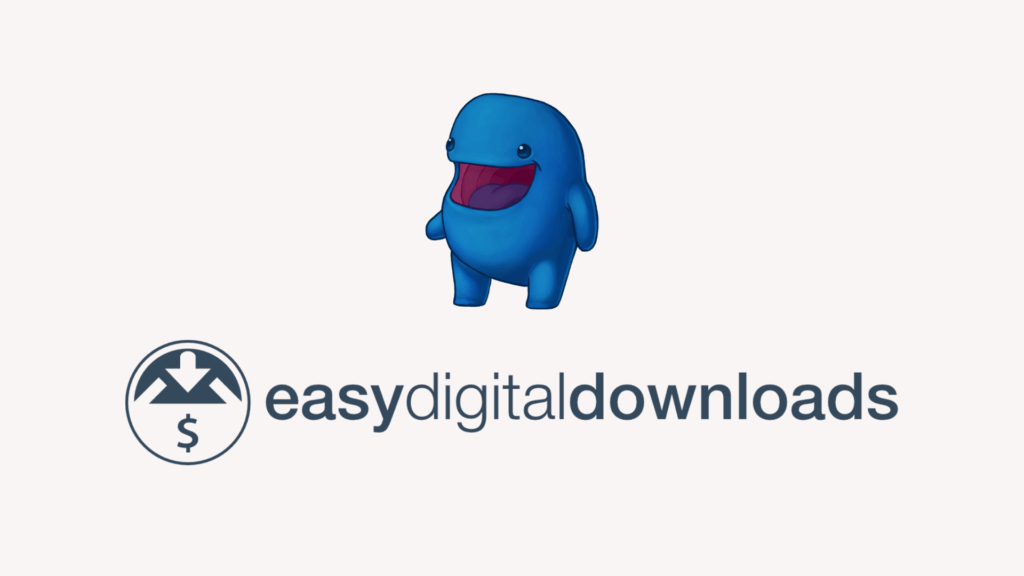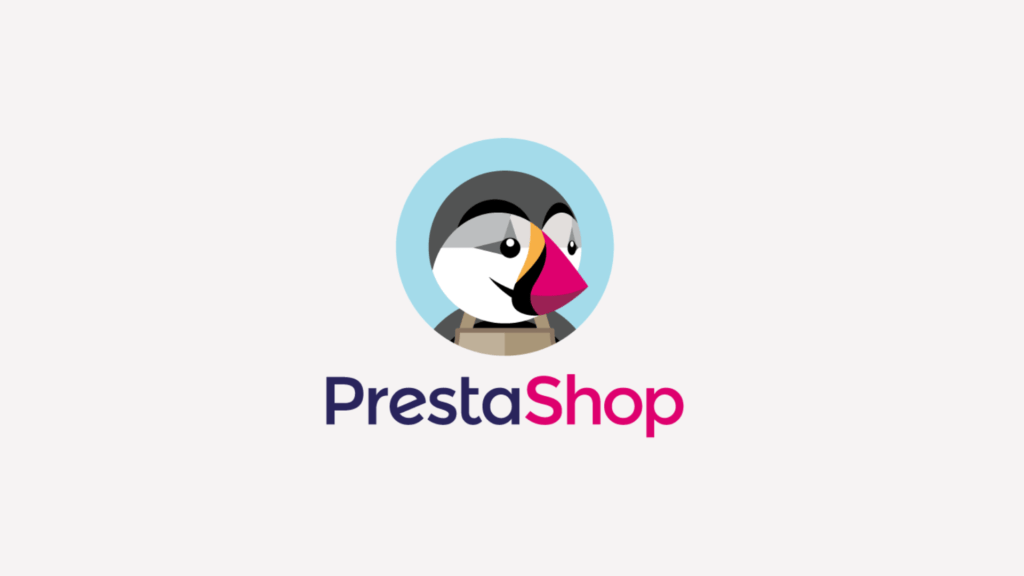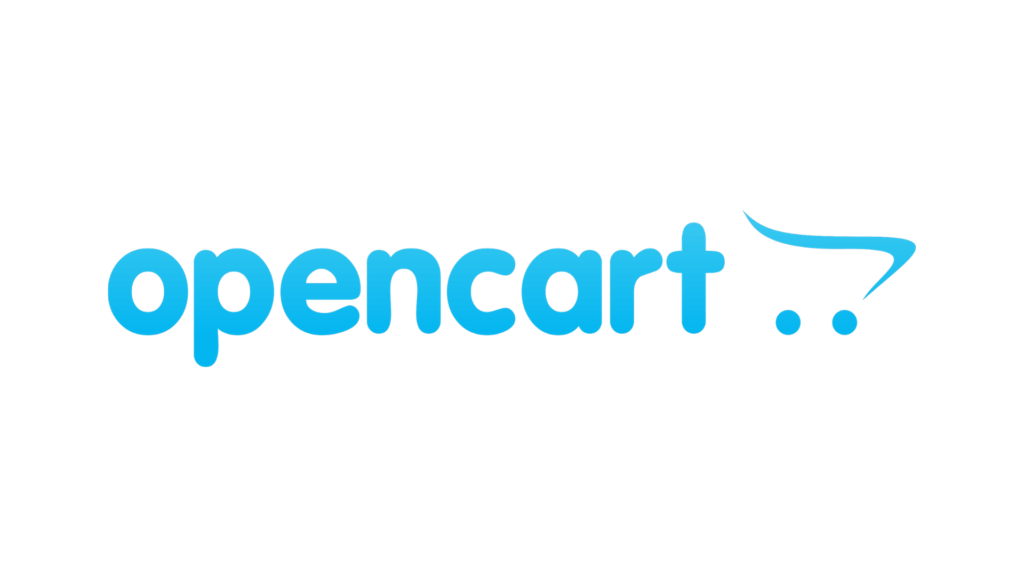6 Best WooCommerce Alternatives for WordPress & eCommerce

WooCommerce is the leading eCommerce plugin in the world. Currently, 28% of all online eCommerce websites are powering up their engines with WooCommerce.
Particularly, with 77 million plugin downloads, approximately 3 million websites online are using WooCommerce, making it the unbeatable racing horse in the market. According to some technology websites (WooCommerce, Barn2, hosting tribunal), 5%-6% of the top 1 million web sites are using WooCommerce.
However, 70% of e-commerce websites are using different plugins. At this point, you might be wondering what possibly could make the website owners use other plugins rather than WooCommerce. Is there any WooCommerce alternative for WordPress ?
Why WooCommerce Alternatives ?
WooCommerece may be the most popular eCommerce plugin globally, but it is not suitable for everyone. Neither for all eCommerce businesses. Besides, there are different businesses with diverse interests. Likewise, In this vast business world, every business venture has its uniqueness and significance.
On the contrary, WooCommerce may not have an essential feature for every enterprise. Thus the necessity of WooCommerce alternatives arises to serve the businesses that WooCommerce can’t. So, what are the best WooCommerce alternatives ?
The 6 best WooCommerce Alternatives
WooCommerce is a simple and easy solution to website and product management. However, there are more robust plugins available, specially built with particular capabilities. While evaluating the eCommerce field, we have detected that a few good alternatives to WooCommerce are providing excellent services considering their unique features.
Contemplating a lot of market analysis, public opinions, strategic reports, etc. we have come to a conclusion and made a list of WooCommerce alternatives for WordPress. It resulted in a list of 6 WooCommerce alternative system that may rapidly rise in the eCommerce market soon!
1. Shopify

Shopify is a complete eCommerce platform that comes with eCommerce builder, hosting, domain, design, themes, marketing, etc. In other words, it is a comprehensive solution package for your eCommerce business.
On the contrary, Shopify can be called the best WooCommerce alternative. Besides, a different statistics say that approximately 18% of the top websites are using Shopify.
Shopify is particularly for the kind of users who want a ready field to start and run their business immediately. If you are searching for something less complicated and very straightforward to use, you may consider Shopify.
Pros:
- Less complicated
- All tools in one dashboard
- Platform-based hosting, security, updates
- Built-in internal inventory software and Payment software
Cons:
- Platform hosted. You get less control over the website
- Shopify is costly
- Limited customization options
- Charges for transactions
Pricing:
| Packages | Price |
|---|---|
| Shopify Lite | $9.00/Month |
| Basic Shopify | $29.00/Month |
| Shopify | $79.00/Month |
| Advanced Shopify | $299.00/Month |
| Shopify Plus | Contact Officially |
2. Magento

Magneto is a fully independent open-source eCommerce platform written in the PHP, which comes with almost every eCommerce feature available. Also, a great benefit of using Magneto is that you don’t require to buy any other plugin, spending extra money.
Magento comes with advanced technical capabilities. Hence, it is not recommended using Megento without knowing to code. The result will be frustrating. Like other WooCommerce alternatives Magneto has a rich capability but the limitation is usability.
Due to the robust technological abilities, this platform is suitable for the medium to large eCommerce stores. Approximately 13% of the top 1millions sites are using Magento.
Pros:
- Smooth in maintaining stores of all sizes
- The free version offers premium services
- Offers features without buying further extensions
- Advanced security features with dedicated patches to close any vulnerabilities
Cons:
- Enterprise editions are costly
- Magento is partially more focused on developers than regular users
- Users require development knowledge, not beginner-friendly
- The community (Free) version is time-consuming and slow loading
Pricing:
| Packages | Pricing |
|---|---|
| Magento CE (Community) | Free! |
| Magento EE Cloud | $2000.00/Year |
| Magento EE (Enterprise) | $22,000.00/Year |
3. Easy Digital Downloads

According to several market statistics, WordPress is the leading platform for eCommerce businesses all over the globe. Just like WooCommerce, Easy Digital Downloads (EDD) is also another efficient open-source eCommerce plugin for WordPress.
Easy Digital Downloads is a plugin particularly made to sell digital products online. In terms of marketing a digital product like software, pdfs, etc. there should be a plugin supporting the store, delivering the files to the users after confirming the payment.
Easy Digital Downloads Pricing:
| Packages | Price |
|---|---|
| Personal Pass | $99.00/Yearly |
| Extended Pass | $199.00/Yearly |
| Professional Pass | $299.00/Yearly |
| All-Access Pass | $499.00/Yearly |
Pros:
- Special shopping cart for digital goods
- Built-in area for the customer to download paid files
- Specifies discount products
- Excellent ability to analyze and track sales
- With a proper ad on, physical products can be sold as well
Cons:
- Yearly subscription fee
- Fewer languages and plugins
- Limited customer service
4. PrestaShop

PrestaShop is a free to use open source eCommerce software. Being one of the most comprehensive yet robust web software, it has gained popularity. Approximately 250,000 online stores are using this software currently.
Particularly, there is a borderline that differentiates PrestaShop and WooCommerece. PrestaShop is an independent eCommerce software where WooCommerce is just a WordPress Plugin.
Pros:
- An absolute eCommerce platform
- Full store performance monitoring on the dashboard
- Includes a super-advanced Multi-Store System
- A built-in advanced stock management section
- One of the best search options for an open-source eCommerce website
Cons:
- Slow and weak built-in the system
- Limited product Add/Edit option
- Quite inefficient on-page SEO system
- Don’t have much freedom for the users
- Limited room for improvement and customization
PrestaShop Pricing: Free.
5. OpenCart

OpenCart is a free standalone open-source intuitive eCommerce platform. Years of providing professional and trustworthy services have made this platform very potential. In the light of extensive features, it has given effective control over the customization.
If you are a newcomer looking for a user-friendly solution then, OpenCart opens a highway of opportunities for you. Being packed with various features, OpenCart mostly suits the mid-range business stores. Another feature it provides is the multi-store managing system within the same interface.
Pros:
- Standalone platform
- Multiple currencies, countries, tax issues, unlimited products
- Suitable for big businesses
- Both ticket and phone support, though paid
Cons:
- Complicated installation process
- Slow performance for large stores
- No high-end SEO functionality
- No iPhone/iPad integration
- Poorly planned product organizing
- Listing sales report, no charts or graphs
OpenCart Pricing: Free.
6. BigCommerece

BigCommerece is a growing eCommerce platform that is fully self-hosted. Which is why it is called a complete All in One platform. Despite the slow start, it is catching up in the market nowadays. At this point, more than 100,000 online stores are using the BigCommerce platform.
Business grows when you offer some qualities like efficiency, productivity, and reliability, etc. BigCommerce has been trying to provide extensive services to the users. According to their statistics, sites using BigCommerce grow 28% year-on-year.
Pros:
- Fully hosted solution
- Most built-in features
- Multiple channel selling
- 24/7 live agent support
Cons:
- Difficult navigating interface
- Monthly subscription fees
- Limited themes and customization
- Limited access as you don’t own the hosted place
BigCommerce Pricing:
| Packages | Price | Price (Annually) |
|---|---|---|
| BigCommerce Standard | $29.95/mo | $29.95/mo |
| BigCommerce Plus | $79.95/mo | 71.95/mo |
| BigCommerce Pro | $299.95/mo | 269.96/mo |
| BigCommerce Enterprise | Contact Officially | Contact Officially |
Conclusion
For the most part, WooCommerce serves prominently in eCommerce, and on the other hand, WooCommerce is also unsuitable for a large number of business owners who think and seek differently.
There is a famous quote that goes as, ‘Nothing is irreplaceable.’ According to the state of the current market, finding a WooCommerce alternative is considerably challenging in the context of service, features, and reliability offered.
Yet, the demand for services varies from different shop owners. That’s where the difference lies and the question of an alternative arises.
Good Read: The Future of WordPress
What’s your opinion about the proper WooCommerce alternative? Share your opinion here, and let’s start a discussion.
